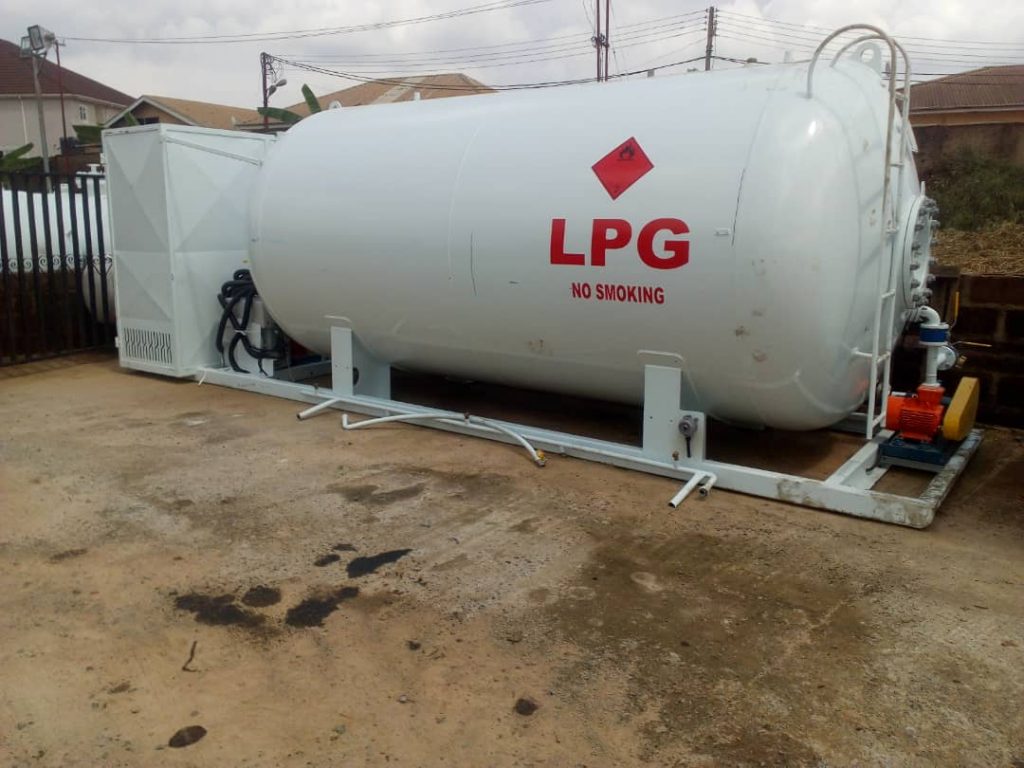All you need to know about Withholding tax in Nigeria as an SME. As an SME, do you think the knowledge Withholding tax (WHT) and how it works in Nigeria is not worthy to be understood, or you belong to the school of thought that leaves everything you do to third parties without bothering on
Let’s face it: No one likes paying tax and this is exactly why taxes are one of the last things on the to do list of most businesses until they are visited by tax officials. With the advent of the regulation that mandates every business to have a Tax Identification Number (TIN) before opening a Bank account, it is only a question of time before the government brings most businesses within the tax net, therefore understanding the different types of taxes, rates and available deductions should now be an essential for businesses.
Two very important types of tax in Nigeria are Value Added Tax (VAT) and Withholding Tax (WHT) and our emphasis this week is to explain these taxes and how it relates to your business.
Withholding Tax
Withholding tax is basically an advance and indirect source of taxation deducted at source from the invoices of the tax payer. WHT is not really a distinct tax type and therefore has no legislation of its own. It is only a mechanism for the collection of other taxes. Consequently, its application is provided for in the enabling law of other tax types i.e. Section 81 of the Company Income Tax Act or Section 13 of the Value Added Tax Act. The main purpose of WHT is to capture as much tax payers that may have evaded tax into the tax net and the rate is usually 5%-10% depending on the type of transaction.
WHT is used mainly for transactions involving contract of purchase e.g. When a company or individual supplies goods or services to another company an invoice will usually be issued as evidence of a transaction.
The WHT system in Nigeria is regulated by both Federal and State Inland Revenue Services.
Value Added Tax
VAT is a consumption tax payable on the goods and service consumed by any person whether government agencies, business organizations or individuals. The target of VAT is consumption of goods and services and unless an item is specifically exempted by law, the consumer is liable to the tax.
The standard rate of tax is currently 5% of invoice value of goods and services except items specifically stated as exempt or zero-rated. The VAT system in Nigeria is administered by the Federal Inland Revenue Service (FIRS). All existing manufacturers, distributors, importers and suppliers of goods and services are required to register for VAT. The prospective VAT payer will obtain and complete VAT registration (and return it to the nearest FIRS Tax Office. A permanent VAT registration number is then issued to the tax payer.
SUGGESTED READING: TAX RELIEFS IN NIGERIA
Goods Exempted from VAT include Medical and Pharmaceutical Products; Basic food items; Books and educational materials; Newspapers and magazines; Baby products; Commercial vehicles and their spare parts, and Agricultural equipment and products and veterinary medicine;
Services Exempted from VAT include Medical Services; Services rendered by Community Banks, Peoples Banks and Mortgage Institutions; and Plays and performances conducted by educational institutions as part of learning.
The tax is collected on behalf of the Government by businesses and organizations which have registered with the Federal Inland Revenue Services (FIRS) for VAT purposes, and who are now required to make monthly returns to the Government.
SUGGESTED READING: How to Register a Business in Nigeria
ILLUSTRATION
To illustrate these type of taxes better we will use an example seen on Nairametrics.
Jideowo Ltd is a supplier of printing and stationery and got a contract to supply stationery to MoMoney Ltd for an invoice value of N100,000. Being a Vatable item, JideOwo Ltd adds a 5% VAT to the contract sum bringing the total amount to N105,000.
Upon receiving this invoice, the accounts department of MoMoney deduct 5% WHT from the invoice and schedule a payment of N100,000 in favor of Jideowo Ltd. They then remit the deducted N5,000 to the Federal Inland Revenue Service and obtain a withholding tax credit note which they should give to authorized representatives of Jideowo Ltd.
Jideowo Ltd upon receiving the payment of N100,000 and Tax credit note of N5,000 will remit a sum of N5,000 to the Federal Inland Revenue as value added tax on the transaction. They will then show the FIRS the WHT credit note of N5,000 which can be used to set-off against future company income taxes.
Break-down of payment (who gets what in cash).
Invoice amount – N105, 000
FIRS (VAT) – N5,000
FIRS (WHT) – N5,000
Jideowo Ltd – N95,000
CONCLUSION
Tax evasion is a crime that involves an individual or business intentionally avoiding payment of tax. Those caught evading taxes are generally subject to criminal charges and substantial penalties. On the other hand Tax avoidance is the legal usage of the tax regime to one’s own advantage to reduce the amount of tax that is payable by means that are within the law. Tax avoidance is perfectly legal.
Be wise, get a tax professional to give you precise advice.
Source: Iyiola Oyedepo Blog Post




